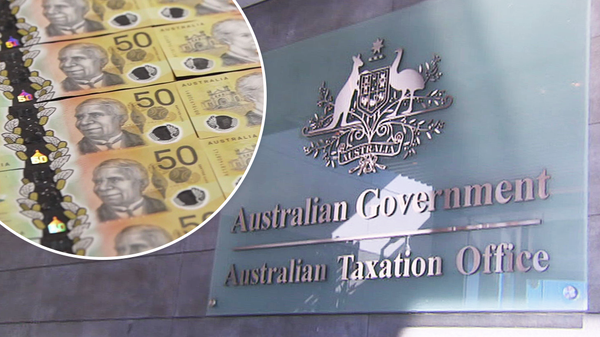
In a startling revelation, the Australian Taxation Office (ATO) has disclosed that the nation is grappling with an astounding $100 billion in unpaid tax debts. This figure, which represents a significant portion of the country’s overall tax revenue, raises pressing concerns about fiscal responsibility and economic stability, it is also the highest it has ever reached.
The ATO’s report, released earlier this week, indicates that the unpaid tax debt has surged in recent years, driven by various factors including economic challenges stemming from the COVID-19 pandemic, rising living costs, and compliance difficulties faced by both individuals and businesses. The ATO estimates that around $43 billion of this debt is attributable to small and medium enterprises, highlighting the ongoing struggles within this crucial sector.
The ramifications of this burgeoning tax debt are far-reaching. With the government relying heavily on tax revenues to fund essential services and infrastructure, the shortfall poses a risk to public finances. Experts warn that if left unaddressed, the situation could lead to increased budget deficits and may necessitate cuts to vital programs.
“Tax debts of this magnitude could have a detrimental impact on economic recovery efforts,” said Dr. Sarah Thompson, an economist at the University of Melbourne. “The government may need to implement stricter collection measures or consider policy changes to incentivise tax compliance.”
In light of the growing debt, the ATO has outlined a series of strategies aimed at improving compliance and collection rates. Initiatives include enhancing data analytics to identify tax delinquents more efficiently, expanding outreach programs to educate taxpayers about their obligations, and exploring payment plans for those facing genuine financial hardship.
The ATO is also increasing its focus on high-risk sectors and is ramping up audits to ensure that larger corporations are meeting their tax obligations. These efforts aim to recover a portion of the outstanding debts and restore confidence in the tax system.
For taxpayers, the ATO’s message is clear: the time to address outstanding debts is now. The ATO encourages individuals and businesses to come forward, utilise available support, and avoid penalties that could arise from prolonged non-compliance.
“Engaging with the ATO early can lead to more favourable outcomes,” remarked ATO Commissioner Chris Jordan. “We are committed to working with taxpayers to resolve their debts and find workable solutions.”
As Australia grapples with this significant tax debt, the need for collaborative efforts between the government and taxpayers has never been more critical. With effective strategies in place and a commitment to compliance, there remains hope that the ATO can significantly reduce this debt, paving the way for a stronger economic future.